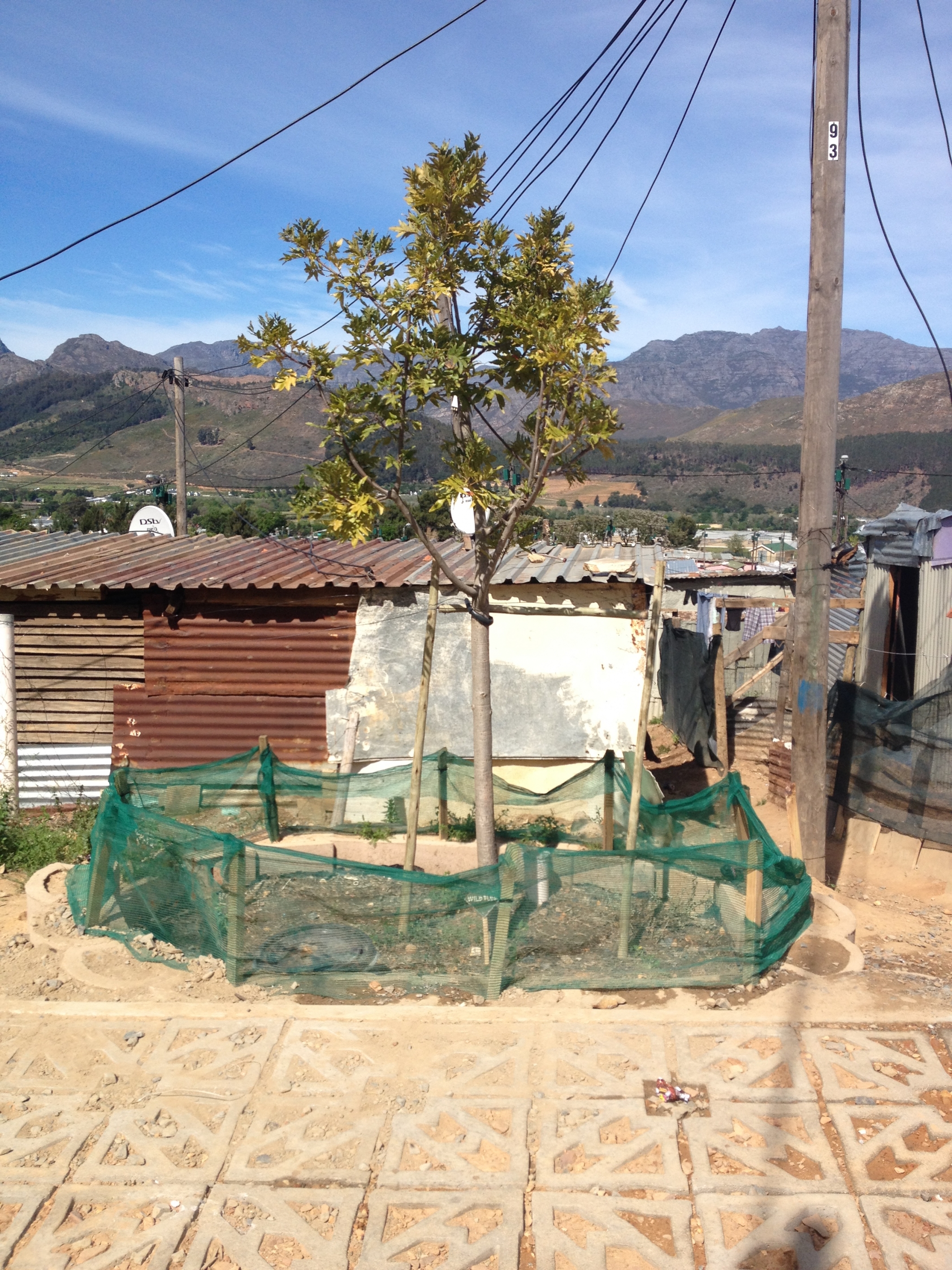
The Liveable Neighbourhoods project is a continuation of the Water Sensitive Design Flagship Project. Techniques that can be used to contribute to water sensitivity include rainwater harvesting (RWH) and stormwater harvesting (SWH), sustainable (urban) drainage systems (SuDS), Water Conservation and Water Demand Management (WCWDM), water efficient devices, greywater harvesting, and groundwater use linked to managed aquifer recharge (MAR).
While research on individual WSD technologies in South Africa has now achieved a level of maturation, there is still a need for contextually-relevant investigations that integrate engineering and ecological insights with detailed urban and architectural design investigations. This project is a WRC-funded collaboration between Architecture, Anthropology, Social Sciences, Civil Engineering and Bioprocess Engineering, with advisors from Landscape Architecture and beyond. We would like, in realistic ways, to engage with these cultural barriers by working closely with residents and property developers in an existing neighbourhood.
The challenge for WSD is in finding the right suite of methods for a specific context taking into account social, economic and financial risks while safeguarding public health and enhancing a full range of ecosystem services. Our intention in this research is to explore pathways for the regeneration of a 1 km2 precinct using WSD principles at various scales. We aim to uncover measurable benefits, insights and lessons for applying WSD in the city.
This research explores options for sustainable water and sanitation in the city by focusing on the following 5 dimensions:
- What is an appropriate balance between heavy engineering and ecological engineering? The idea that we can successfully maintain the currently overstrained infrastructure while doubling our infrastructure in 30 years to keep up with rapidly growing infrastructure using business as usual central infrastructure is not feasible. This aspect considers appropriate scale, interdependence and more closed-loop systems.
- Water supply through diversification of water sources.
- Demand side pressures: Sustainable water conservation measures such as waterless and water efficient technologies, waterwise gardens and fit-for-purpose water use are considered from interdisciplinary approaches to contribute to a regenerative neighbourhood.
- Hydrological cycle and water balance: How do we improve the built environment's relationship with the natural water cycle and the wider ecosystems and human systems? This project considers aspects like softening the catchment and reducing the urban heat island effect.
- Water quality: How do we regenerative a neighbourhood to clean the water while it is moving through? We consider approaches like green buildings, sustainable sanitation, resource recovery and wetland and other biological and physical technologies.
Background
The Water Sensitive Design (WSD) guidelines report (2013) contained contextually-relevant studies for South Africa. It explored the challenges to and opportunities for the implementation of WSD in South Africa, mainly from a technical perspective. The study discovered potentially significant potable water savings using large-scale catchment studies that covered such techniques as rainwater harvesting (RWH) and stormwater harvesting (SWH), sustainable (urban) drainage systems (SuDS), Water Conservation and Water Demand Management (WCWDM), water efficient devices, greywater harvesting, and groundwater use linked to managed aquifer recharge (MAR).
Related student projects
The productive landscape: wetland rehabilitation at the lower reaches of the Liesbeek River, Preetya Bhikha 2013. This dissertation explores the relationship between architecture, nature and the machine. It aims to investigate the potential for architecture to serve as a catalyst for site regeneration, specifically in a landscape that is undervalued in its current condition.
Team
Tom Sanya, Nikiwe Solomon, Chisomo Phiri, Faith Gara, Amber Abrams, Kirsty Carden, Bronwyn Horn and others.
Funder
Water Research Commision
Duration
2018-2021